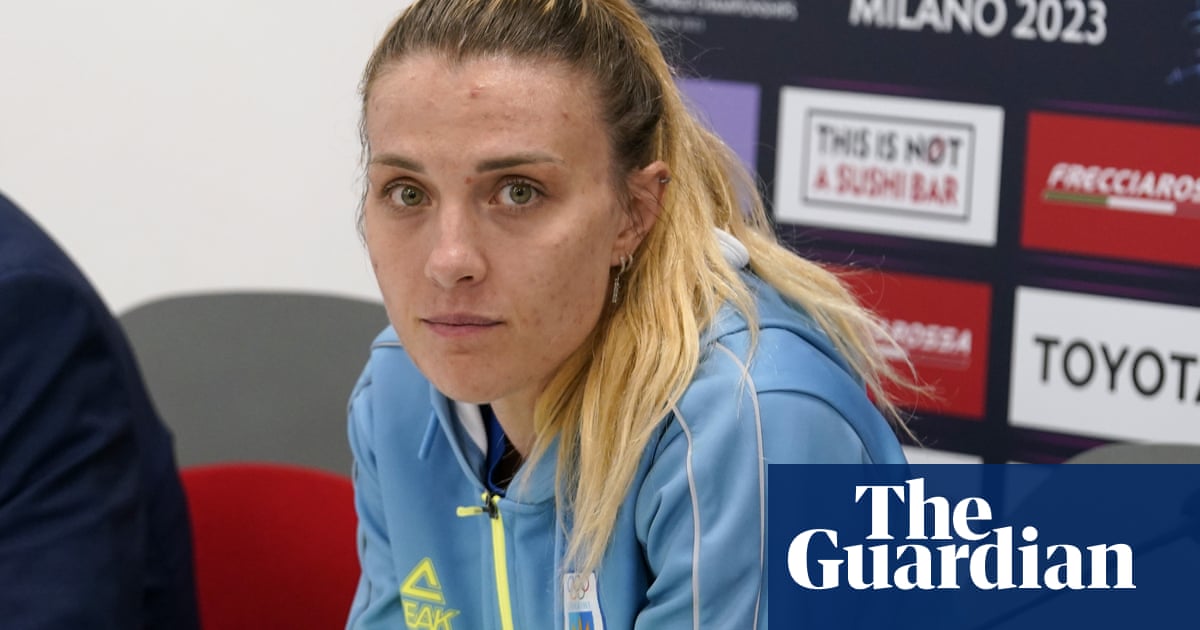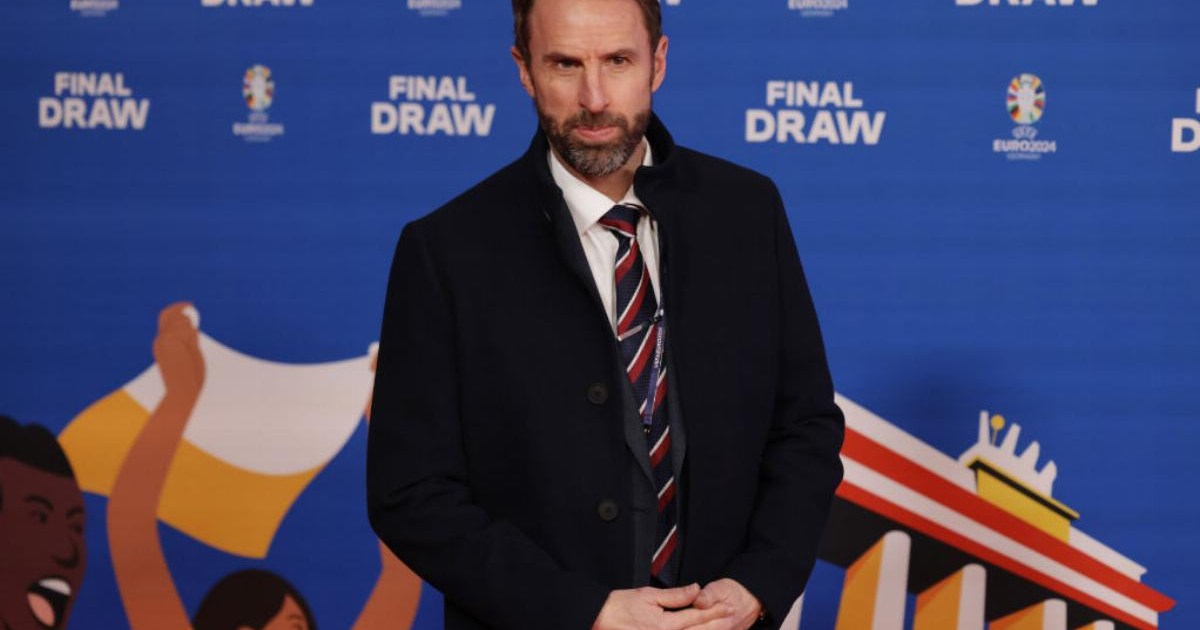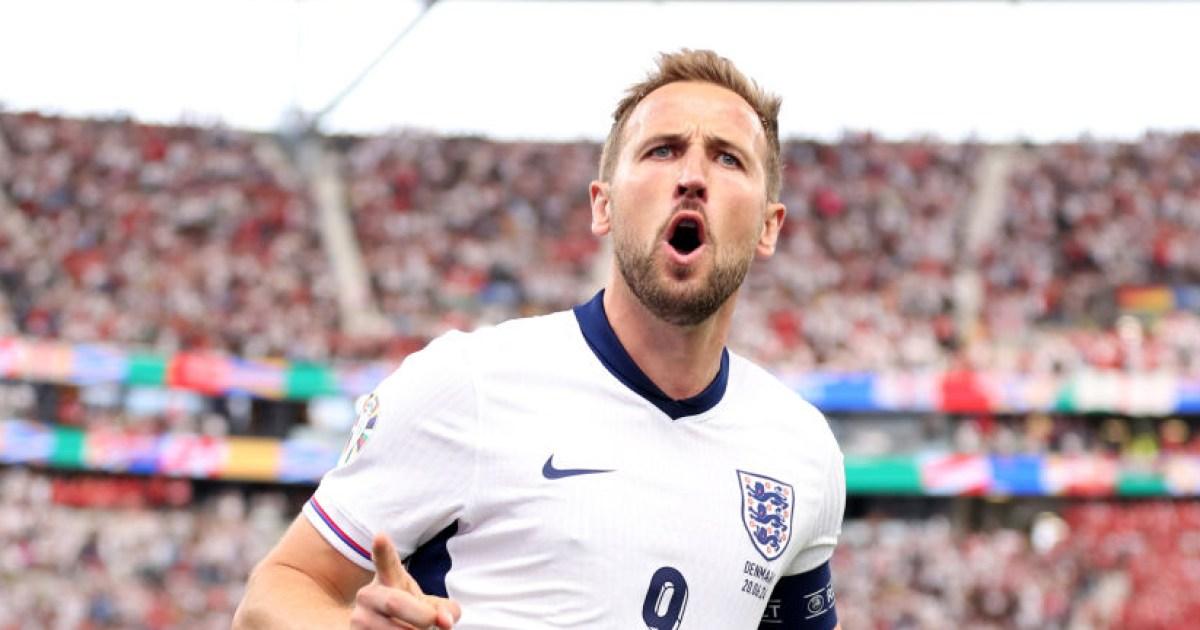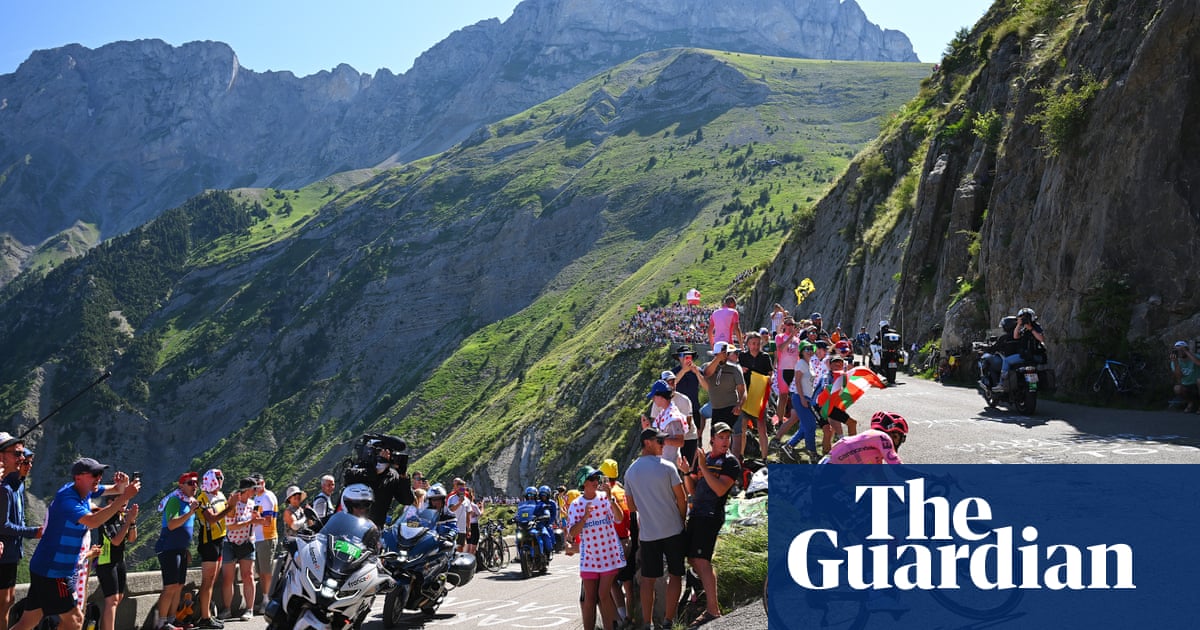The acting sports minister of Ukraine, Matviy Bidnyi, has told his country’s athletes to keep a “cold head” and pay no attention to any provocation from their Russian counterparts at the Olympic Games this summer.
Speaking to the Guardian at the ministry of youth and sports in Kyiv, Bidnyi predicted that Russia will use its representatives in Paris as part of their propaganda operation and explained recommendations have been drawn up to help the Ukraine team avoid becoming embroiled in controversy.
Last July Olha Kharlan, the Ukrainian fencer, was expelled from the world championship for refusing to shake hands with her Russian opponent and there are concerns that any repeat would be claimed as a victory by the country that launched a full-scale invasion of Ukraine in February 2022.
Asked what he would tell Ukraine’s Olympic team if one of Russia’s athletes, who will compete individually as neutrals, attempted to goad a reaction on the world stage, Bidnyi called for calm. “I would tell them to react in a proper way, a dignified way,” he said. “To understand and be aware that this provocation was made on purpose. To ignore such provocations with a cold head.”
Ukraine are braced for such situations to occur, although Bidnyi would not be drawn on the possible nature of any aggravation. “We will see what they will do,” he said. “Our sportspeople are ready.”
Kharlan, who under previous Covid-19 protocols would not have been punished for simply tipping blades with Anna Smirnova, looked certain to miss out on Paris 2024 after her disqualification but was handed a reprieve by the International Olympic Committee president Thomas Bach and will compete in August.
Quick Guide
How do I sign up for sport breaking news alerts?
Show
- Download the Guardian app from the iOS App Store on iPhone or the Google Play store on Android by searching for ‘The Guardian’.
- If you already have the Guardian app, make sure you’re on the most recent version.
- In the Guardian app, tap the Menu button at the bottom right, then go to Settings (the gear icon), then Notifications.
- Turn on sport notifications.
“I think it’s not only her that got a lesson out of this situation,” Bidnyi said. “That was the first provocation and we made conclusions from it. We started working profoundly to change the regulations, and a number of similar cases allowed us to elaborate and make our recommendations.”
Those guidelines will stress that Ukrainian athletes should keep interaction with Russians, around 40 of whom could compete in Paris, to the barest permissible minimum. Ukraine’s priority is the safety of its participants and there is no desire to draw attention to themselves in a negative way.
“We consider Russian athletes to be agents of hybrid influence,” Bidnyi explained. “We understand this is the way Russia starts war and conducts war: how it influences and manipulates thoughts. Sport is a very important part of their propaganda and I think we’ve done a lot for the world to keep them out of the international sports movement. Not even journalists can show up at the Olympics under their flag. It’s proof that the Russian flag is condemned, it can’t be accepted at an international event and this is very symbolic.”
There have been plenty of calls for the IOC to scrap neutral status altogether and bar Russian athletes, along with their Belarusian counterparts, from taking part at all. “The IOC is a very conservative organisation,” Bidnyi said. “It’s existed for well over 100 years and they continuously emphasise their autonomy. We understand they’re located in the middle of society and that international pressure created by the media, which was focused on decision-making, plays a powerful role. Now we observe this iceberg has started moving very slowly.
“Russia’s influence in international sport is very powerful. They use every resource possible to influence decisions at all levels. But our situation generated a wave of attention, and good governance of sports federations is very topical at the moment. Now the world is watching to see what decisions are made, and what is guiding those decisions. This is a very positive thing.”
On Monday Bidnyi and Vadym Huttsait, who is his predecessor and the current president of Ukraine’s national Olympic committee, officially announced that the country will compete at the Games using the slogan “Will to win”.







